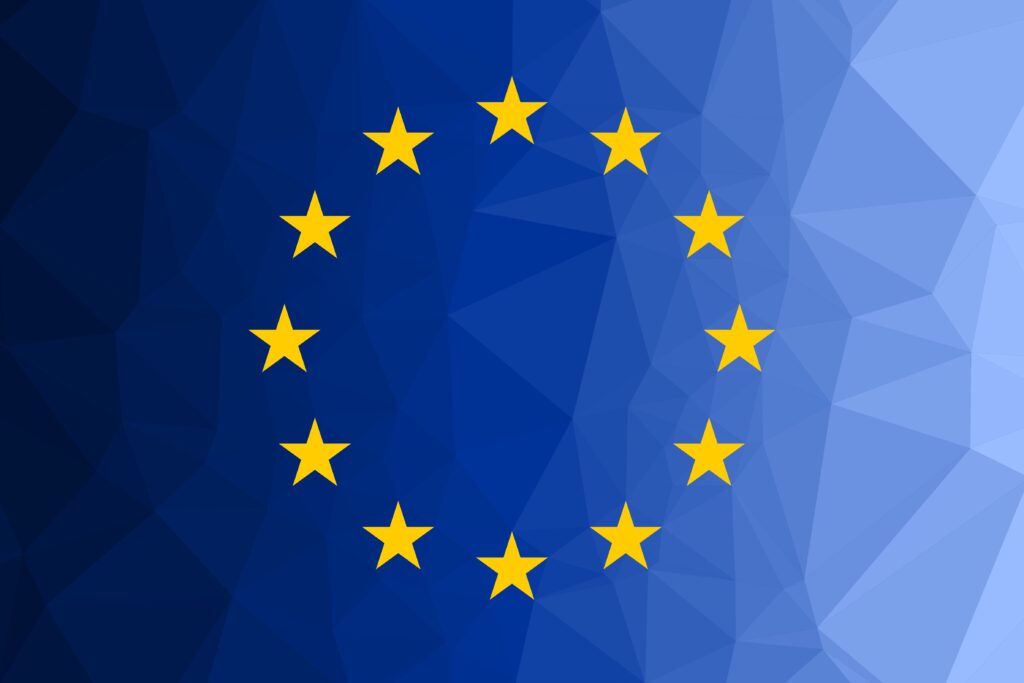For several decades, the enlargement of the European Union (EU) to the Western Balkans (WB) has been at the heart of European strategic discussions. The region, rich in diversity but marked by historical tensions, represents a major opportunity for the EU, as well as a complex challenge. Since the Thessaloniki Summit (2003), when the membership in the EU was promised to the WB countries, only Croatia managed to join the EU, while the others are still stuck on the road towards membership.
I. The Strategic Stakes of Enlargement
The integration of the Western Balkans holds critical geopolitical importance. Situated at the crossroads between East and West, this region plays a key role in European stability. The workforce in the WB, characterized by its youth and skills, can directly contribute to the European economy by addressing labor shortages in key sectors such as technology, manufacturing, and agriculture.
Additionally, their integration could provide a competitive edge due to lower labor costs and high adaptability.
However, to fully harness this potential, the EU must invest in local infrastructure and create economic opportunities to prevent further emigration, ensuring that this valuable workforce remains engaged in their home countries while also benefiting the broader European community.
Moreover, beyond economic factors, the enlargement process also impacts European security and stability. While WB integration is important for the EU, it is also countered by systemic competitors such as China, Russia, and the Arab States, who also have interests in the region and which have been increasing their. The EU must address this geopolitical competition to maintain its strategic influence, and conduct its enlargement to the Western Balkans.
II. Obstacles to Integration
However, this enlargement is far from guaranteed. Candidate countries face significant internal challenges: corruption, fragile democratic institutions, and ethnic tensions inherited from the past.
The “enlargement fatigue” expressed by some EU Member States reflects general concerns about the Union’s capacity to integrate new members without compromising its values, institutions, or cohesion. However, beyond this overarching reluctance, the historical grievances between candidate countries and existing Member States present an entirely different obstacle to enlargement. North Macedonia’a denomination dispute with Greece, or the tensions between Kosovo and Serbia are good examples of this. These bilateral conflicts, rooted in national interests or historical grievances, often require separate and time-consuming resolutions, adding another layer of complexity to the enlargement process and further slowing the EU’s ability to enlarge.
Additionally, there is a need to substantiate concerns regarding corruption and democracy. Indicators such as Freedom House’s democracy index, the Corruption Perception Index (CPI), and other reports highlight the governance challenges that persist in the region. According to the 2024 CPI rankings, corruption remains a significant issue in the Western Balkans, with Montenegro scoring 45, Kosovo 41, Albania 39, North Macedonia 38, Serbia 36, and Bosnia and Herzegovina 34. These figures illustrate a persistent problem, requiring strong institutional reforms. Similarly, Freedom House’s 2024 report classifies all these countries as partly free, with scores ranging from 69 for Montenegro to 52 for Bosnia and Herzegovina, indicating democratic deficiencies and governance concerns. Such data underscores the urgent need for political reforms to ensure effective rule of law and institutional integrity before full EU integration.
III. Future Prospects: Striking a Balance
For this enlargement to become a reality, candidate countries must fully commit to structural reforms, particularly in the fight against corruption and the strengthening of the rule of law. On its side, the EU must reconsider its integration strategy by adopting a phased model that enables gradual integration while providing assurances to its Member States regarding the robustness and reliability of the process.
Conclusion
The enlargement of the EU to WB is a complex but unavoidable challenge for the EU. It represents a unique opportunity to reinforce its role on the global stage while consolidating peace and prosperity in a key region. Striking a balance between ambition and realism will be essential to make the WB a lasting asset for Europe.








